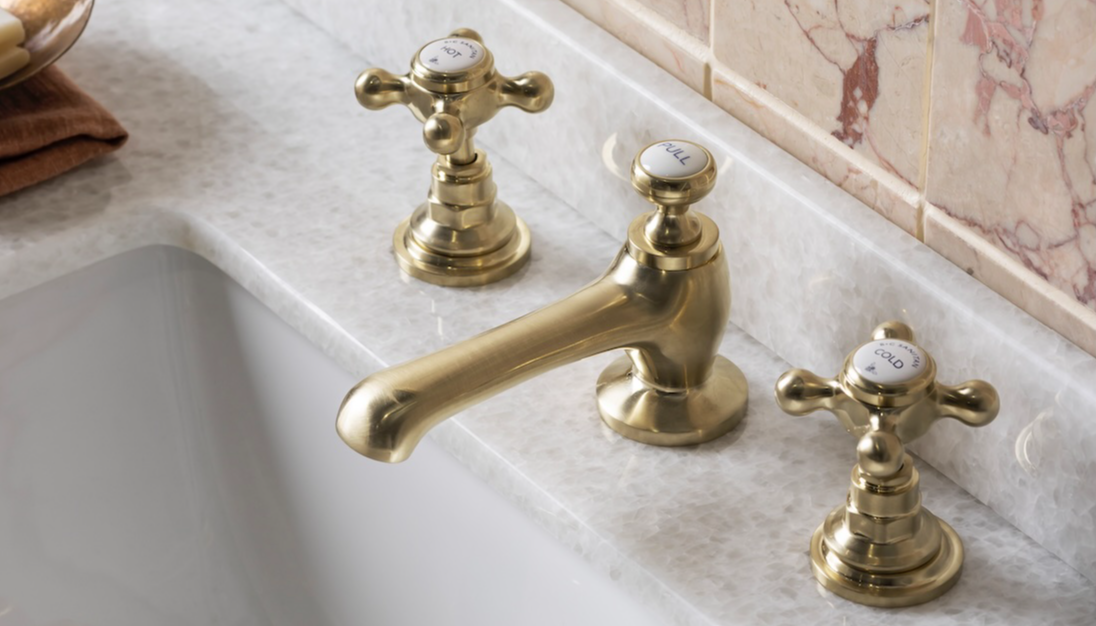Tom Reynolds – Water: From liquid asset to political flashpoint

Tom Reynolds – Water: From liquid asset to political flashpoint
Tom Reynolds, chief executive of the Bathroom Manufacturers Association, argues that with an upcoming general election, we're going to see water high on the political agenda.
Ah, water. That supposedly innocuous elixir of life is so often taken for granted by those who can twist a tap handle. Yet, as the United Kingdom limbers up for a general election, water – yes, you heard me right, water – is set to move from the shadows of indifference into the glaring light of politics.
Let’s look at the water companies for a moment. If recent headlines about Thames and others are correct, these monoliths have turned an essential service into sprawling, profit-generating labyrinths of inefficiency and contempt for the public good for 30-odd years. As Britain prepares for its general election, the discourse around water has – forgive the expression – reached boiling point.
You see, the figures are quite startling. In a nation that still regards itself as an emblem of industrial ingenuity and good governance, water companies blithely discharge raw sewage into rivers and seas 301,000 times in a single year. To put a timeframe on that: 1.75 million hours of illegal discharges. And let us not forget the daily water leakage sufficient to supply 1.2 million homes. Do these companies weep for their sins? Hardly.
We’re offered a selection box of excuses: underinvestment in infrastructure, the ravages of climate change, and the burdens of an ageing system. But let's strip these rationalisations down to their naked truth: corporate impunity and regulatory impotence.
Fines have been levied, you say. If fines were a deterrent, we'd have seen amends by now. These paltry sums are mere pocket lint to companies that continue to prioritise executive pay and dividends over duty. Regulation has become a paper tiger that growls but never bites. It has taken the intervention of grizzled seventies punk turned fly-fisherman, Feargal Sharkey, for water company behaviour to come to the fore.
As the electorate mulls its options for the coming election, I propose that water – this very lifeblood of society – becomes the litmus test for the ethical fibre of our would-be leaders. Will they continue to tolerate the status quo, this effluent flow of both water and greed? Or will they stand up and say, "Enough!"?
I run a trade association representing companies that have ploughed money into changing their businesses to reduce their environmental impact. That’s included product development, new manufacturing processes, and even nudging their customer base to, for example, find using less water aspirational. The bathroom industry’s actions have mainly been motivated by corporate social responsibility, yet on occasion, we’ve also been demonised and accused of encouraging profligate water use, ironically by individuals in the water sector.
Bathroom manufacturers are not complaining about doing the right thing – we’ll continue to innovate water-saving products, engineer out problems like leaky loos, and move to circular models. Yet in a world where water scarcity threatens to become the next migrant crisis, displacing an estimated 700 million people by 2030, the UK’s major institutions have a moral, not just political, obligation to lead by example. You cannot preach global responsibility when your own backyard stinks of untreated sewage and your water pipelines haemorrhage the elixir of life like a stuck pig.
The solutions are neither elusive nor complex: upgrade infrastructure, tighten regulations, and prioritise the social contract over profiteering. But first, the political will must be summoned.
So, when politicians ring my doorbell, I will ask them this: "What will you do to hold water companies accountable for their liquid transgressions?"
I hope to hear sensible and straightforward answers because water isn't just a utility. It's a measure of our society's integrity. And right now, we're all coming up a bit parched.
Tags: insight, features, tom reynolds, bma, bathroom manufacturers association, water efficiency



























